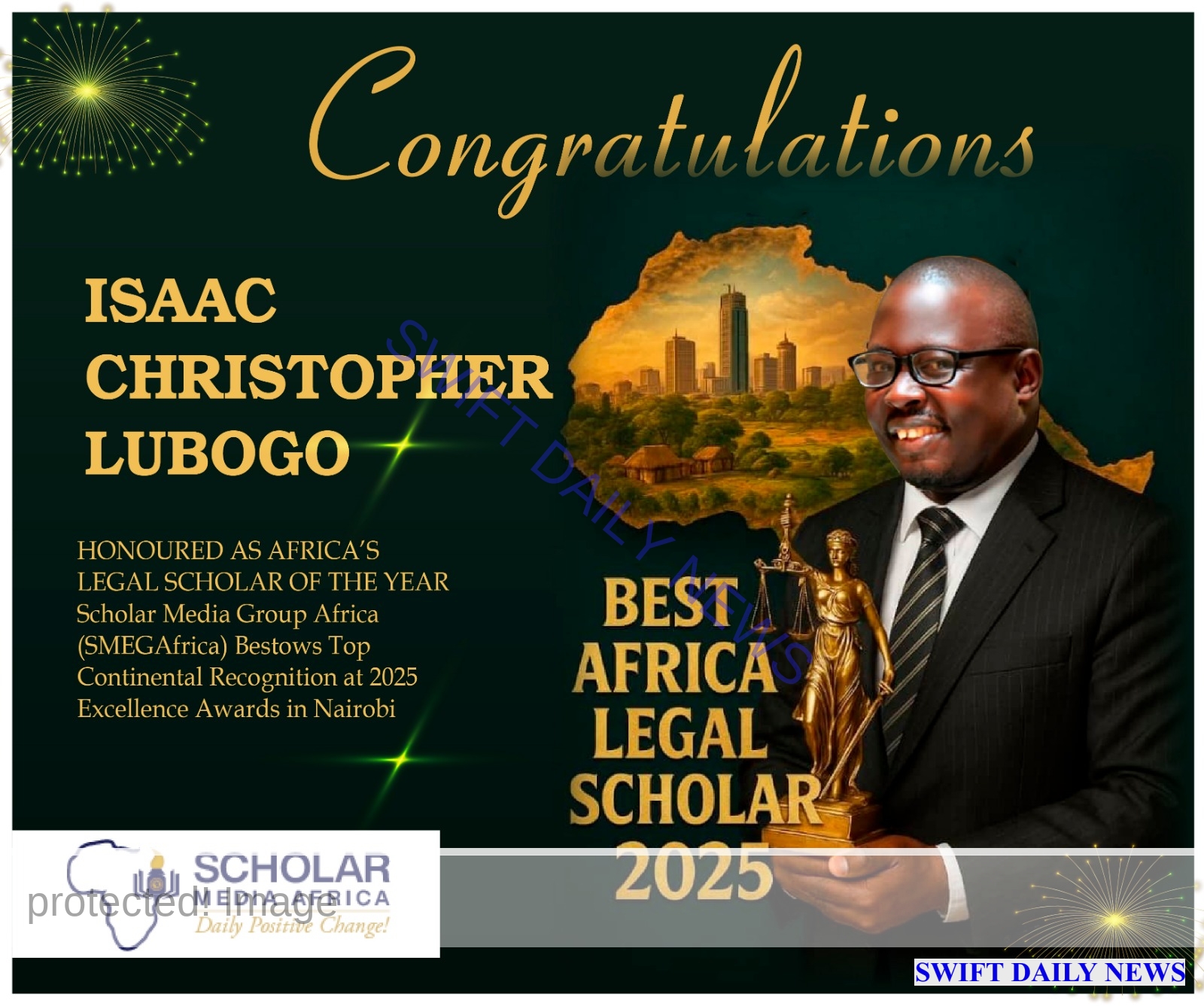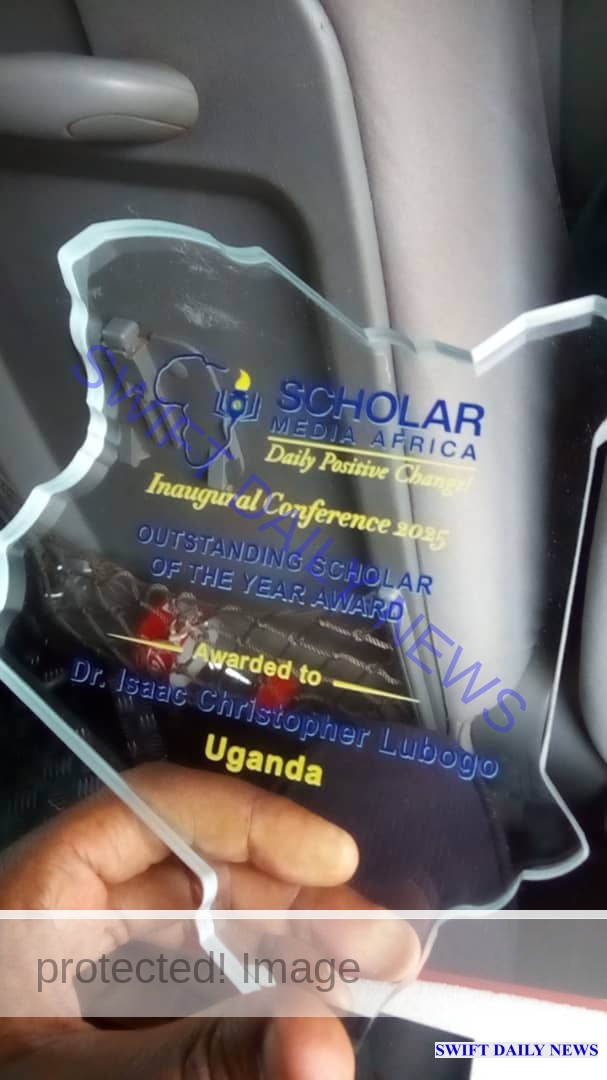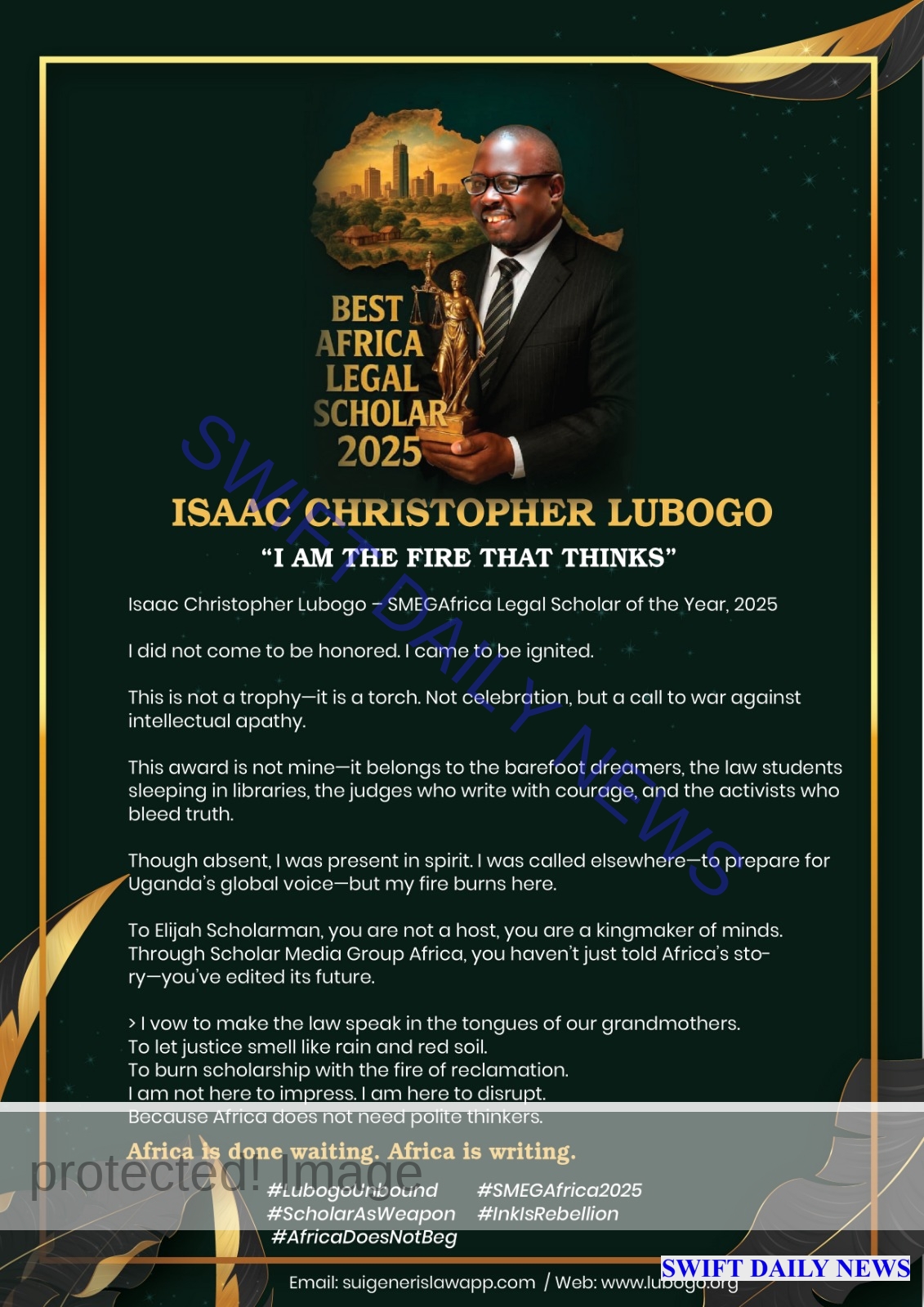By Isaac Christopher Lubogo
A Farce in the Theatre of African Integration
When regional lawyers—armed with no weapons but their robes, intellect, and moral courage—are denied entry into fellow African jurisdictions under the guise of immigration discretion or national sovereignty, the entire edifice of East African solidarity collapses into legal hypocrisy.
What is law if it does not serve justice?
And what is regional integration if it collapses at the footsteps of a border gate?
The recent barring of Martha Karua, Gloria Kimani, and Lyn Ngugi from observing Tundu Lissu’s trial in Tanzania echoes the shameful precedent in Uganda, where a Kenyan Senior Counsel was blocked from representing Dr. Kizza Besigye. Both incidents mock the East African Community (EAC) Treaty, betray African unity, and contaminate the jurisprudential soil from which future legal norms must grow.
Legal Instruments Violated
A. EAC Treaty (1999)
- Article 104 – Free Movement of Persons
- Article 126(2)(b) – Legal and Judicial Cooperation
- Article 6(d) and 7(2) – Principles of good governance and rule of law
Violation: Denying entry to lawyers violates foundational principles of legal integration, hindering mutual legal assistance and professional mobility.
B. Protocol on the Establishment of the East African Common Market (2010)
- Article 10 – Guarantees free movement of services, including legal services
Violation: Blocking lawyers from observing or participating in proceedings introduces non-tariff barriers prohibited under the Protocol.
C. African Charter on Human and Peoples’ Rights (ACHPR)
- Article 7(1)(c) – Right to be defended by counsel of one’s choice
- Article 26 – Protection of judicial independence and the legal profession
Violation: Excluding foreign legal practitioners compromises judicial independence and fair trial rights.
D. National Constitutions
- Uganda’s Constitution (Art. 28 & 44)
- Tanzania’s Constitution (Art. 13)
Violation: Fair hearing and access to justice—enshrined and non-derogable—are undermined when foreign advocates are barred under political pretenses.
Precedent & The Kizza Besigye Incident
In Uganda, a renowned Kenyan Senior Counsel was denied the right to represent opposition leader Dr. Kizza Besigye. Officially, it was an immigration issue. In truth, it was political fear in legal disguise. This Tanzanian déjà vu sets a dangerous precedent: immigration law becomes a tool for silencing legal dissent.
Implication: The right to counsel of one’s choice becomes a hollow constitutional promise, betrayed by administrative cowardice.
Implications for Legal Solidarity & Pan-African Jurisprudence
- Balkanization of Justice: Regional legal independence becomes a myth if African lawyers are restricted by borders.
- Weaponization of Borders: Legal attire is treated as contraband; justice is caged.
- Chilling Effect on Human Rights Litigation: Governments may isolate themselves from legal scrutiny through these hostile tactics.
5. Jurisprudential Consequences
If normalized, these actions will:
- Undermine Regional Courts (e.g. EACJ)
- Render mutual recognition of advocates ineffective
- Foster a “Fortress State” mentality against the spirit of ubuntu and Pan-African fraternity
The Call To Legal Conscience: A Drum Major’s Final Word
Let us not be the generation that recites integration but practices segregation.
Let us not permit a jurisprudence where a foreign investor’s money moves freer than a lawyer’s voice.
It is time for:
- Strategic litigation before the EACJ to challenge legal isolationism
- Formation of a continental bar coalition to name, shame, and act
- National legal reforms to end opaque restrictions on foreign advocates
Therefore;
Barring African advocates from observing or participating in trials within Africa is not a mere technicality.
It is a legal insult, a regional betrayal, and a constitutional sin.
We must not let states wear the robes of law while stabbing its soul.
Let us, as African lawyers, be the drum majors of truth—beating out a rhythm of justice, unity, and courage.
About the Author

Isaac Christopher Lubogo is a two-time Africa legal laureate, awarded the 2025 SMEGAfrica Legal Scholar of the Year and the 2022 Africa Legal Tech Researcher Award.
He is the author of over 70 books on law and philosophy available at lubogo.org. He is widely celebrated for his fearless intellectual advocacy and was recently honored in Nairobi with the Best Africa Legal Scholar 2025 Award.



